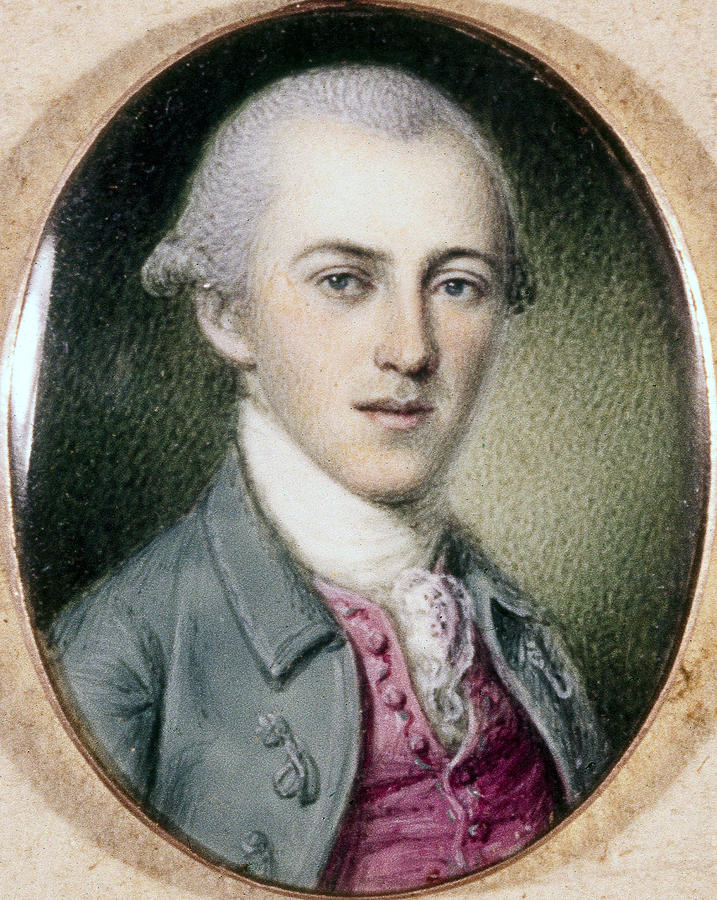May I present to you the “real” and undiluted awesomeness
of: Arthur Pendragon, high King of the British Isles and all around great
crush.
 |
| Stop judging me folks, or if you can't, stop reading this nonsense! |
So whether or not he truly existed has been greatly debated
(in my imagination all crushes exist and routinely have tea with me so it’s no
real debate for me). Most of the information we have is from sketchy historical
resources, folklore, and literary embellishments.
His life has been accounted for in early Welsh and Breton
sources as well as much later in the 12th century with Historia Regum Brittaniae by Geoffrey Monmouth (I always read it as
‘Mammoth’ and then I wonder, was he tall or fat?) and then again later by Sir
Thomas Malory in the 15th century with his Le Morte d’Arthur. Both of these later sources often drew upon the
earlier sources (and given the time that they did this their citation abilities
sorely lacked since it was considered almost a compliment to copy from a
previous author) but often changed around details to suit their own purposes.
 |
| I like apples |
Of course not to be left out, Sir Alfred Lord Tennyson in
the 19th century also contributed to the Arthurian legends with his Idylls of the King and Lady of Shallot. I personally would like
to believe that with so many sources, both literary and “historical”, pointing
to some of the same trends and similar characters that surely some of it was
based on fact. (My favorite part would be about dragons…but we’ve yet to find
any bones…)
Enough about that (I know you just want to know why he’s so
awesome). I’ll begin with the awesome Arthur of Welsh/Breton sources and then
I’ll present to you the French/pansy version and you may choose which you
prefer (if you have a brain I already know!)
According to legend, Arthur was a Celtic king who defended
Wales from Saxon invasion during the 5th-6th centuries. The Historia Brittonum (History of the Kings
of Britain), a 9th century Latin historical compilation, lists
twelve battles that Arthur fought in (totally kicking butt too). In one such
battle, the Battle of Mons Badonicus or Mount Badon, he single-handedly killed
960 men (that’s what I call a 5th century Gurkha...look these guys up
because they’re totally crush worthy as well).
 |
| "Excuse me, fair maiden, do you know where I might find some toga wearing ninnies?" |
Of course, defending a country like a boss isn’t all that
makes Arthur amazing. He defeated the
Picts and Scots (not my favorite bit about him since I love both of these peoples
for their lack of conformity with the invading prats from across the Channel)
and created an empire of Ireland, Iceland and the Orkney Islands. He also
rebuilt the kingdom of Wales, setting up “shop” at Camlann/Camelot/Caerleon
(pick your preferred name), and started the Knights of the Round Table (who are
famous for gallivanting around the kingdom rescuing damsels in distress,
destroying dragons, questing for the Holy Grail, and just being a general
nuisance to the peasant folk of the time with all their fanciful knight-like
shenanigans).
Of course, being emperor-ish, he felt the need to expand
some more after about twelve “boring” years of peace and so took control of
Norway and Denmark from the “pansy” Vikings and then went on to attack Gaul.
Now Gaul belonged to Rome at this point in time and the Romans were not known
for giving up pieces of land easily. But Arthur, being the sword-wielding punk
that he was, trounced their toga-wearing booties (so sorry Emperor Lucius but
I’m afraid kilts/trousers are better than togas when it comes to conquering).
 |
| "Hey girl, you've started an uprising...in my heart" *swoons* |
By Welsh and Breton standards he was considered a peerless
warrior who often functioned as a monster-hunting protector of Wales/Britain
from any internal and external threats. Human threats (Saxons/Romans) got their
bums kicked fairly easily but the supernatural threats (cat-monsters,
destructive divine boars, dragons, dogheads, giants, witchs, gates of hell
opening, you know the usual stuff) were the ones most prominently featured and
it was by overcoming these threats that Arthur endeared himself to so many (I
wonder if Dark Horse Comics took their inspiration for Hellboy from Arthur…did
I just give away another hint at how nerdy I am? Or if Bram Stoker got his
inspiration for Van Helsing from him as well)
In any case, the Welsh/Breton version of Arthur paints him
as a warrior worthy of being crushed on. They cared not for the romances of
those around Arthur, only about the man himself. They looked up to him, wanted their sons to
be fearless like him, wanted their daughters to bring home husbands like him,
etc.
And then the bloody French came over in 1066 and ruined
everything (including our language; come on is it “color” or “colour”?!)
 | |
| I also blame this for the pansification of Arthur; though Sean Connery has THE voice for it! |
The son of Uther Pendragon (who fathered Arthur with another
man’s wife, Igraine, whilst disguised as the aforementioned man—you just
thought your family dynamics were weird!), he defeated the barbarians and
conquered a wide empire (so far so good) before he took a queen named
Guinevere/Guenevere/ Gwenhwyfar and established Camelot. (Of course if you want to use the magical
legend and add in Merlin and Excaliber in a stone you may do so and insert that
nonsense here.)
Going by magical standards, it was after he withdrew a sword
that he became king (because great feats of strength are all that are required
to be a great king…as well as for breaking out of Turkish prisons, at least
according to the French and Mel Brooks). He married Guinevere, who was reputed
to have daddy issues since her dad was a complete jerk, and received the Round
Table as dowry. He established the Knights of the Round Table as a way of
hanging out with the dudes, drinking mead, and complaining about the ol’ ball
and chain back in the keep—as well as a avoid quarrels over who was above who
and to keep tabs on all those big, hunky men in armor.
 |
| Arthur has no idea...none...wonder if its the hair colo(u)r? |
I believe that there’s an old saying something along the
lines of “idleness is the play pen of the devil;” no matter the saying, it was
during these years of peace, when Arthur was no longer out and about and
kicking stubborn folk around, that things began to turn dicey for him (because
the French love a good dicey story!). Let’s put it in bullet fashion, since
most are familiar with it anyway:
- Arthur proves himself worthy to be king (by stone and sword or whatnot)
- Arthur marries Guinevere (who either already has the hots for Lancelot or will soon develop them)
- Guinevere and Lancelot get jiggy with it and while Lancelot is banished Guinevere is sentenced to death
- Lancelot saves Guinevere (who either remains with him or dedicates herself to a convent in shame) and takes her back to France
- Arthur leaves his son (doesn’t know he’s his son) Mordred in charge while he goes off to win back some honor
- Mordred rebels against Arthur while he’s gone (in some versions Guinevere is actually at home in the castle and Mordred marries her, making her a bigamist and Arthur an idiot)
- Arthur comes back and in the battle on Salisbury Plain he kills Mordred but is in turn mortally wounded as well
- Supposedly he is carried off in a barge to the Avalon (some say he never died but will one day return and if he does I hope he isn’t so dimwitted in regards to who his friends/girlfriends are; some say his grave was discovered in Glastonbury during the reign of Henry II but that is yet to be conclusively determined)

So again the French made Arthur a ninny.
His wife dumped him, his best friend duped him, his son killed him, and he
couldn’t seem to decide if he wanted to remain dead or not. How did he go from
a completely B.A. Welsh/Breton warrior to a tea drinking French nincompoop? At
least one thing remained the same throughout though, he was always portrayed as
a brave warrior who, when fighting and campaigning, got stuff done quickly and
efficiently (that’s more than many governments around the world can claim).
Sources: http://www.kingarthursknights.com/others/uther.asp
Sources: http://en.wikipedia.org/wiki/King_Arthur
Sources; http://www.caerleon.net/history/arthur/page2.htm
Sources: My Brain









